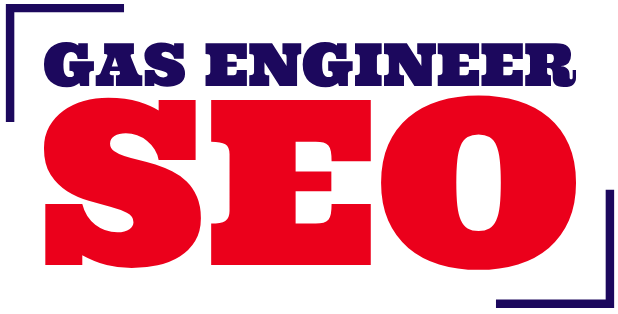Introduction
Even with great content and keywords, a poorly optimized website can hold you back. Technical and on-page SEO ensures your site is fast, secure, and easy for search engines to understand—leading to better rankings and user satisfaction.
Website Structure and Navigation
Organize your site so visitors can easily find information. Include key pages like “Home,” “Services,” “Areas We Cover,” “Testimonials,” and “Contact.” Each should have clear calls to action for quote requests or appointments.
Optimized Meta Tags and Headers
Every page should have a unique title and meta description that includes target keywords such as “Gas Engineer,” “Boiler Repair,” or “Gas Safety Certificate.” Proper header tags (H1, H2, H3) help search engines understand your content structure.
Mobile Optimization and Speed
Since many users search from their phones, your site must load quickly and display perfectly on mobile. Use compressed images, fast hosting, and responsive layouts. Google favors websites that perform well across all devices.
Secure Hosting and Tracking
An SSL certificate (https) is a must for security and SEO. Additionally, setting up Google Analytics and Search Console helps track rankings, clicks, and performance over time.
Conclusion
Technical SEO may not be visible to customers, but it’s essential for success. By maintaining a secure, fast, and structured website, gas engineers can improve both user experience and Google rankings—driving more bookings effortlessly.
